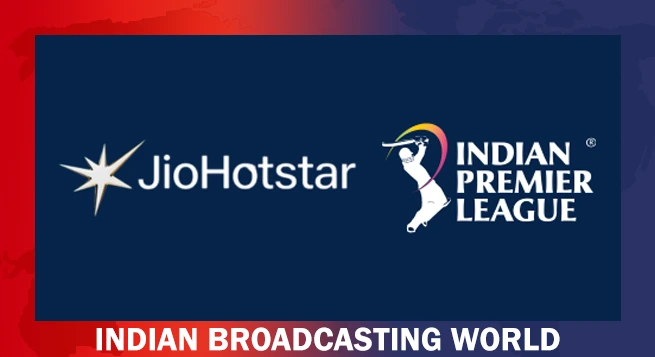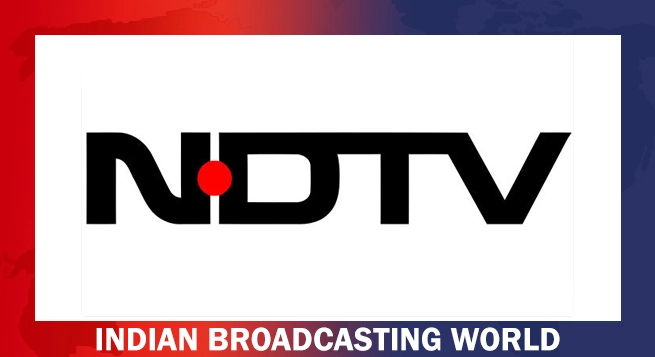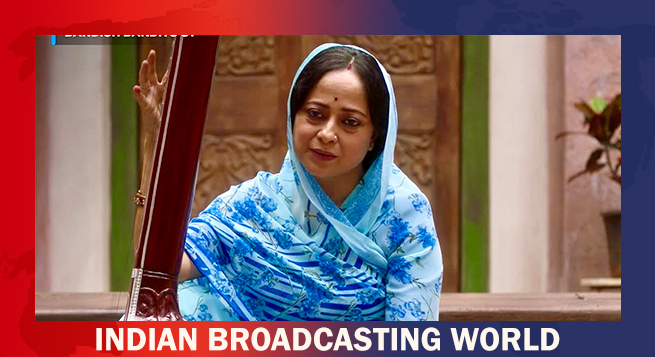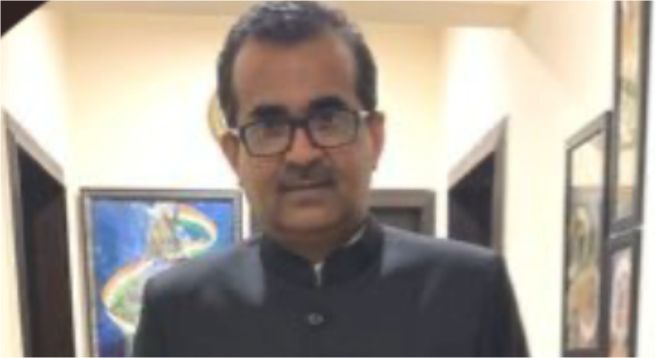The digital regulations, introduced by the Indian government in 2021, has helped bring about a “lot of discipline” in a sector of the media and entertainment industry, according to a top official.
Speaking recently at a roundtable on news broadcasting at the India Pavilion at Dubai Expo, Ministry of Information & Broadcasting joint secretary Vikram Sahay, while allaying industry fears on government crackdown, elaborated on the regulations, insisting that unlike in some other countries, OTT platforms are not required to take official permissions to start operations in India.
“In India, there are roughly 40-50 OTT sites, and none of them are required to register or obtain prior approval,” Sahay said, adding depending on their business plans, each of them has progressed in their own unique way.
Dwelling on the criticism of the regulations —- The Information Technology (Intermediary Guidelines and Digital Media Ethics Code) Rules, 2021— within and outside the entertainment industry, bollyinside.com quoted Sahay as saying, “We can’t have a medium as powerful and pervasive as OTT and have no discipline on the content.
“And the code has brought a lot of self-discipline in the entire OTT sector. By and large, they have been happy about it.”
Pointing out that the India regulations were being studied by other countries for a similar approach, Sahay said that draft OTT regulations released by Bangladesh was 98 per cent of what the Indian codes lays down.
“It’s (the IT Rules) something the other countries would like to emulate, so it’s a good thing that way,” the government official stressed.
The MIB also had a meeting with the representatives of Vietnam, he said.
“Not only international platforms like Netflix and Amazon, but also a lot of OTT channels domestically have come up, including the ones in the regional languages. Only on content we have a code of ethics that we evolved a year back,” Sahay said.
Interestingly, Sahay clarifiued that the responsibility for content on a news channel, which is being streamed on a platform, is not of the platform, but the digital publisher’s.
Terming such an interpretation of the Indian digital regulations vis-à-vis news channels as “erroneous”, Sahay, according to bollyinside.com, explained: “The digital publisher is already responsible for the content. You cannot make another person responsible for it… That was never the case, neither stated nor implied. News is free to be there on OTT platforms.”
 Top India Ministers pitch WAVES ’25 to foreign envoys in New Delhi
Top India Ministers pitch WAVES ’25 to foreign envoys in New Delhi  JioStar secures 20 top brands for TATA IPL 2025
JioStar secures 20 top brands for TATA IPL 2025  After Airtel, Reliance announces pact with Starlink
After Airtel, Reliance announces pact with Starlink  In a surprise move, Airtel joins hands with Musk’s Starlink for India
In a surprise move, Airtel joins hands with Musk’s Starlink for India  NDTV MPCG conclave showcases vision for growth and innovation
NDTV MPCG conclave showcases vision for growth and innovation  Zee Media’s ‘Unveiling India Quiz’ concludes with grand finale
Zee Media’s ‘Unveiling India Quiz’ concludes with grand finale  For Sheeba Chadha, films, web series are the same work-wise
For Sheeba Chadha, films, web series are the same work-wise  YRF’s ‘War2’ to release in theatres Aug 14
YRF’s ‘War2’ to release in theatres Aug 14  KALP Foundation, WION unveil ‘Token: Money Magnet’
KALP Foundation, WION unveil ‘Token: Money Magnet’ 








